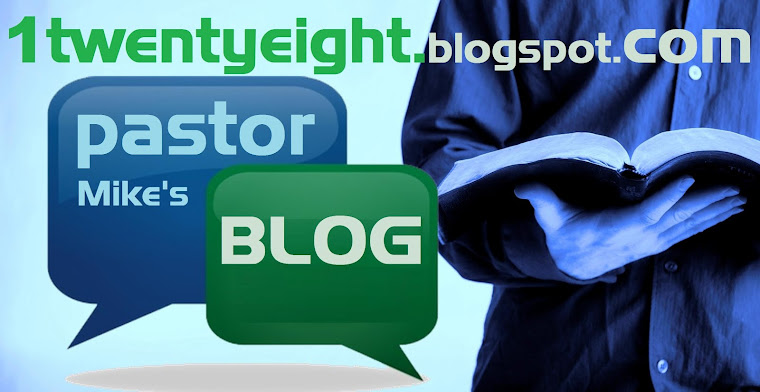Kick off 2010 focused on Jesus. 1. Select your level of challenge. If you are newer to Christ or have never read through the entire Gospel of John, then the first track is ideal for you. The Gospel of John contains more of Jesus’ teachings than the other gospels. Track 2 is ideal for those with some familiarity of the gospel story. This track will take you through the major events in Jesus’ life and ministry in chronological order with readings from all four gospels. Track 3 is the most rigorous. Following this track you will read every word of all four gospels (3-4 chapters a day) in 29 days.
2. Set aside a time of day and place where you can be uninterrupted for 30 minutes to an hour. If you miss a day to not become discouraged and quit, simply pick up the next day where you left off.
3. In a notebook or journal: a). Pick one verse or short passage that has a spiritual significance to you and write it down word for word at the top of the page. Copy it down a second time on a 2x4 card and place it somewhere where you will see it throughout the day (your desk, bathroom mirror, car dashboard, kitchen sink, etc.) Try to memorize this verse by meditating on it throughout the day.
4. Answer the following questions of the passage you read: What is the setting of the passage? (The 5 “W’s”: Who, What, When, Where, and Why?) Who are the key players in this passage? What do we learn about Jesus from this passage? What application is there for my life? How will I go about making application happen?
January 3 The Word Became Flesh John 1:1-34
January 4 Jesus’ First Disciples John 1:35-51
January 5 Water to Wine John 2:1-11
January 6 Jesus Clears the Temple John 2:12-25
January 7 You Must be Born Again John 3:1-36
January 8 Jesus and the Samaritan Woman John 4:1-42
January 9 The Father is Always at Work John 4:43-5:30
January 10 Testimonies About Jesus John 5:31-47
January 11 Jesus the Bread of Life John 6:1-59
January 12 Many Disciples Turn Back John 6:60-71
January 13 Is Jesus the Christ? John 7:1-53
January 14 The Validity of Jesus’ Testimony John 8:1-59
January 15 Jesus Heals a Man Born Blind John 9:1-41
January 16 The Good Shepherd John 10:1-42
January 17 Lazarus Raised from the Dead John 11:1-44
January 18 The Plot to Kill Jesus John 11:45-57
January 19 The Triumphal Entrance John 12:1-19
January 20 Jesus Predicts His Death John 12:20-50
January 21 The Last Supper John 13:1-38
January 22 Jesus is the Way to the Father John 14:1-31
January 23 The Vine and the Branches John 15:1-16:33
January 24 Jesus Prays John 17:1-26
January 25 Jesus Arrested John 18:1-11
January 26 The High Priest Questions Jesus John 18:12-27
January 27 Jesus Before Pilate John 18:28-19:16
January 28 The Passion John 19:17-37
January 29 The Burial and Resurrection John 19:38-20:9
January 30 Jesus Appears to His Disciples John 20:10-31
January 31 Jesus Reinstates Peter John 21:1-25






